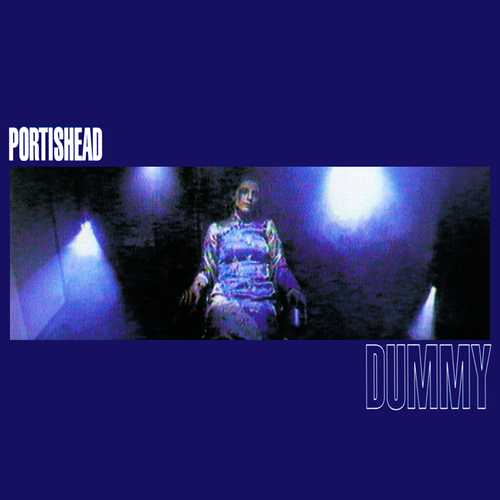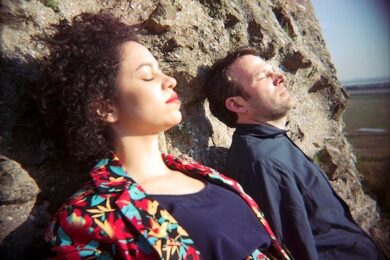2. PortisheadDummy

As a teenager, I didn’t take this record out of my Walkman for six months. Before, I was mainly an indie kid: I listened to Blur and Suede, and I was very happy in that place. And then I think I heard ‘Mysterons’ on Steve Lamacq’s radio show, and bought the album on the strength of that single, and I didn’t listen to anything else for six months. It was a re-boot in my life: I became interested in dance music because of it – even though it’s not really a dance record, it was a door opener. Before, dance music was something that just existed in my brother’s bedroom; Dummy is a record that’s walking you towards the dancefloor in a way that a teenager girl can feel comfortable with – not a load of drunken nutcases, but a very gentle, "Here you go, go and explore over there". At that time, dance music was in the same place as we’re in now: it could still have a hangover of meaning and emotional resonance as a hangover from disco, but it was starting to move to a place of old guys in their room, and it was becoming less soulless. This, though, is a heartbreaking record, mainly because of Beth Gibbons’ voice. It’s really human, and there’s a real tenderness to it. And the samples, too: I was already into hip-hop, but to hear something so tender come out of samples when you’ve been listening to a lot of Public Enemy and Ice Cube was revelatory as well. I used to wear my headphones all the time – everyone knew me as the weird girl who wouldn’t take her headphones off – and the cinematic quality of Portishead, that idea of it as a soundtrack to your life, was really special. It opened me up to the idea of the soundtrack; I went off and discovered John Barry and John Williams, because it made me realise that songs didn’t have to fit into this "I’m jumping up and down on my bed" moment.


